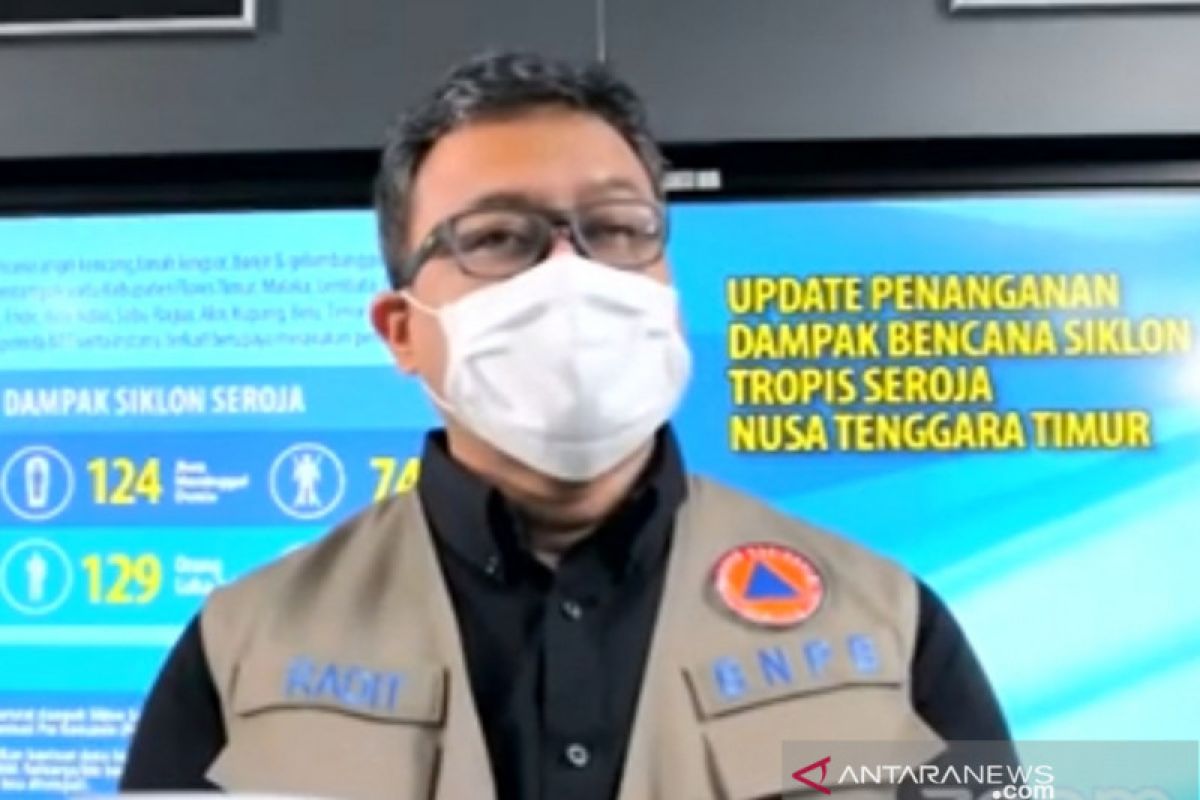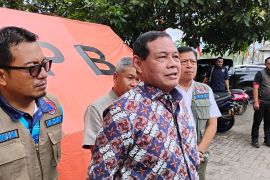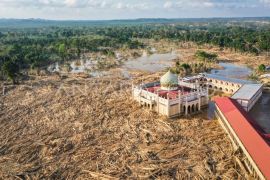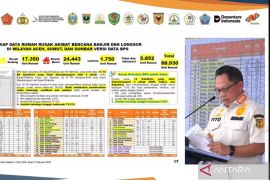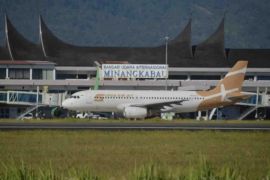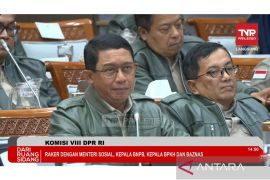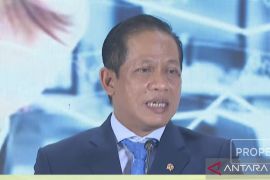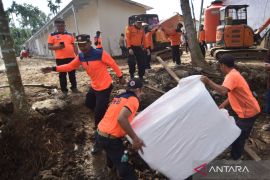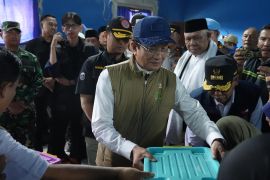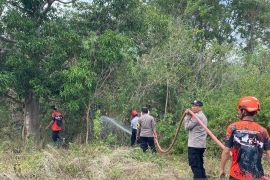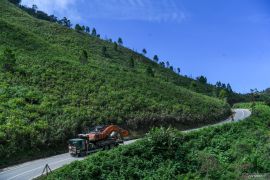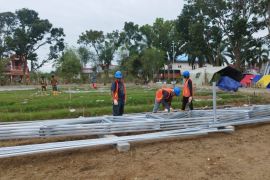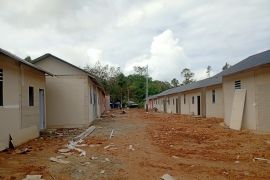This means that political commitment has been built and contained in legality. Not only that, I think in terms of implementation in the field, there are also many movements that have been carried out by the communityJakarta (ANTARA) - The Indonesian government is highly committed to disaster management, deputy for systems and strategies at the National Disaster Mitigation Agency (BNPB), Raditya Jati, has said.
"Indonesia has become a benchmark for other countries, Indonesia has a strong commitment," he said at Webinar Journal Club #6, themed 'Following the Post-HFA SFDRR Mandate for a Resilient Indonesia', which was monitored online in Jakarta on Wednesday.
This commitment relates to the fifth item of the Hyogo Framework for Action (HFA) 2012, which states that political commitments must be implemented at all levels through building awareness, education, public access to information, and improved management, Jati said.
Furthermore, Indonesia has demonstrated its commitment with the issuance of Presidential Regulation No. 87 of 2020 concerning the Master Plan for Disaster Management in the framework of achieving a resilient Indonesia, both in disasters, climate change and others, he added.
Related news: BMKG warns of potential hydrometeorological disasters
"This means that political commitment has been built and contained in legality. Not only that, I think in terms of implementation in the field, there are also many movements that have been carried out by the community," Jati said.
Another commitment is the existence of a risk index measuring instrument that is contained and serves as a reference for the National Development Planning Agency (Bappenas) to measure Indonesia's ability to face disasters, as well as indicators of local government capacity, he added.
In addition, social capital has become important as a strength that is still owned by the people of Indonesia, Jati remarked.
Related news: BNPB collaborates with varsities on disaster research, handling
Indonesia has always played an active role in disaster conferences held by UNISDR/UNDRR since 2009, he noted. It has also played an active role in the formulation of the Sendai Framework for Disaster Risk Reduction (SFDRR) and has encouraged archipelagic states to become special entities that must be considered in formulating global disaster risk reduction strategies, he added.
The Sendai Framework for Disaster Risk Reduction 2015-2030 is a work reference in disaster risk reduction activities that has been agreed upon by 187 countries.
This framework was launched at the United Nations Third World Conference in Sendai, Japan on March 8, 2015. SFDRR is a continuation of the Hyogo Framework for Action (HFA).
Related news: ADB appoints Jiro Tominaga new director for Indonesia
Related news: Indonesia to receive 331 mln vaccines in Aug-Dec: President
Translator: Desi P, Azis Kurmala
Editor: Fardah Assegaf
Copyright © ANTARA 2021
